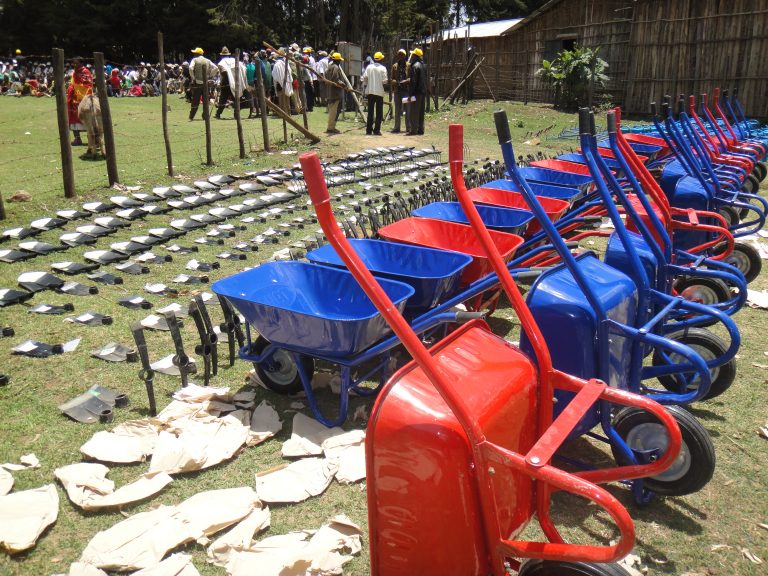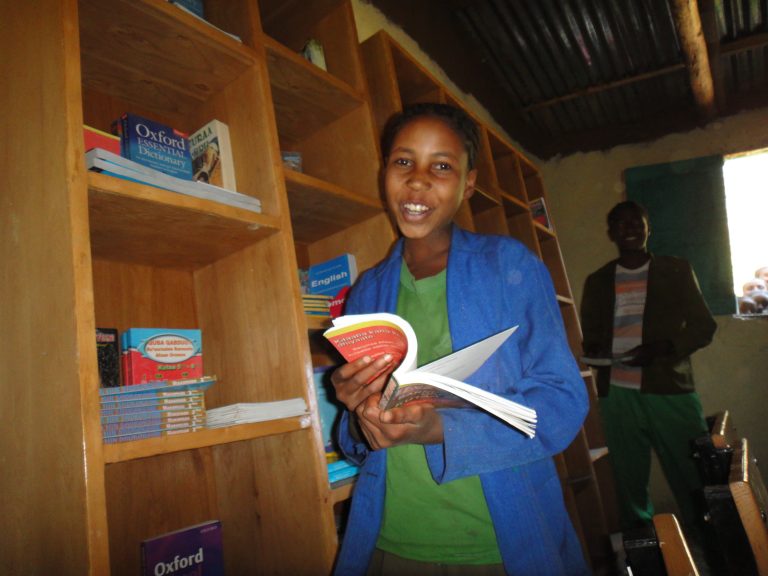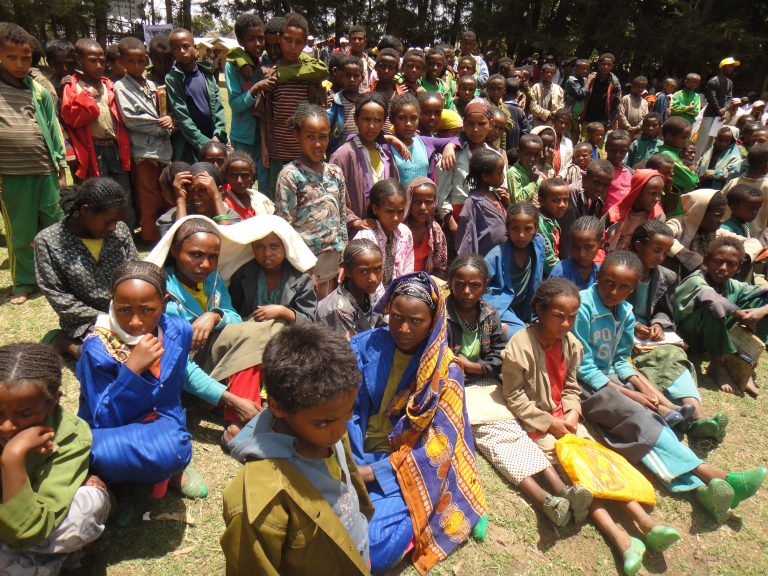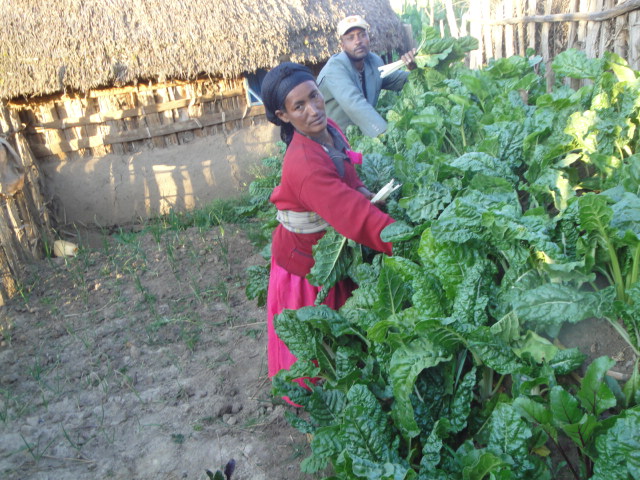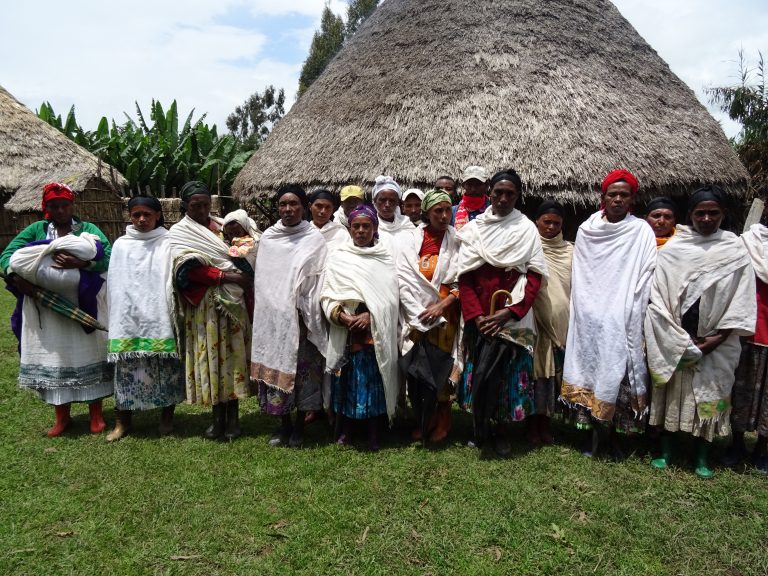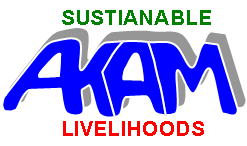How We Do - Our Services

The people we are serving
Climate Smart Agriculture
AKAM promotes sustainable agricultural intensification approach that build on diversification of production, use of soil, water, and land resources more efficiently, and minimise adverse effects on the eco-system and people. This leads to increased production & availability of nutritious foods and increased resilience to climate and agricultural risks and shocks.
Production diversification
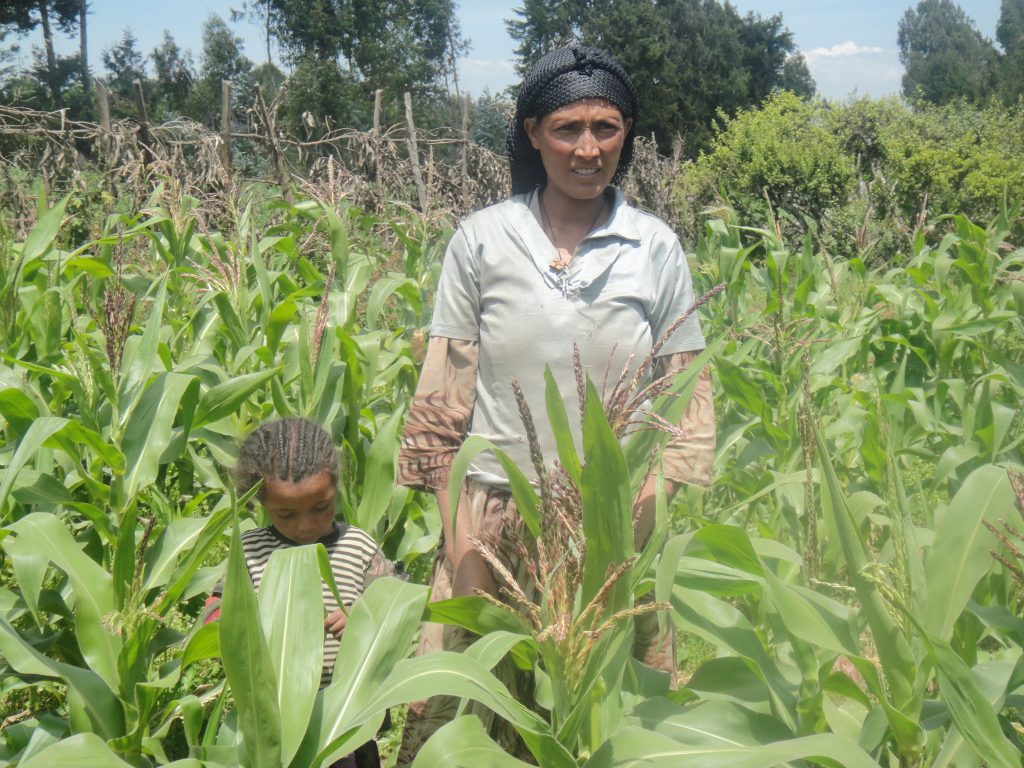
Backyards of most farmers were poorly diversified with vegetables, fruit and multi-purpose trees, animal feeds and other income sources. Diversification and intensification of the farming system is promoted through training, consultation, demonstrations, accessing different agricultural seeds/ seedlings.
Management of Soil fertility
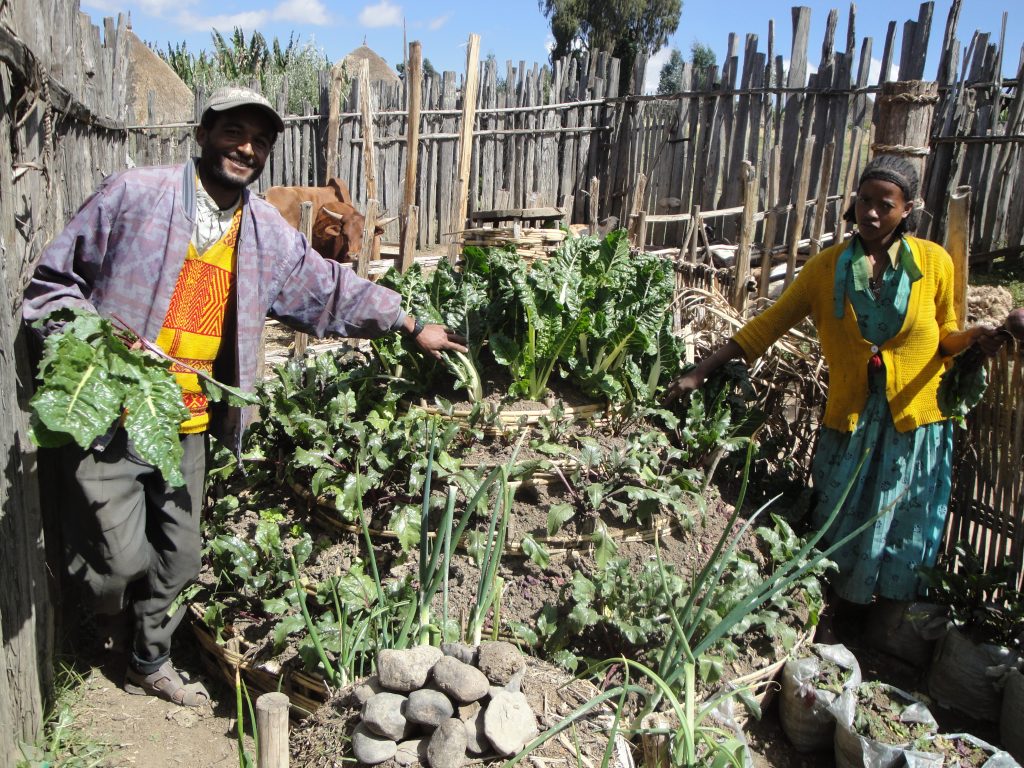
The infertility of soil and unreliability nature of rain, often results in poor productivity. Inorganic fertilizer supply is very few and expensive and hardly used by poor people. The project has trained its members on how to prepare and use compost, plant tea, manure tea, worm compost and bokashi. .
Build knowledge and skills
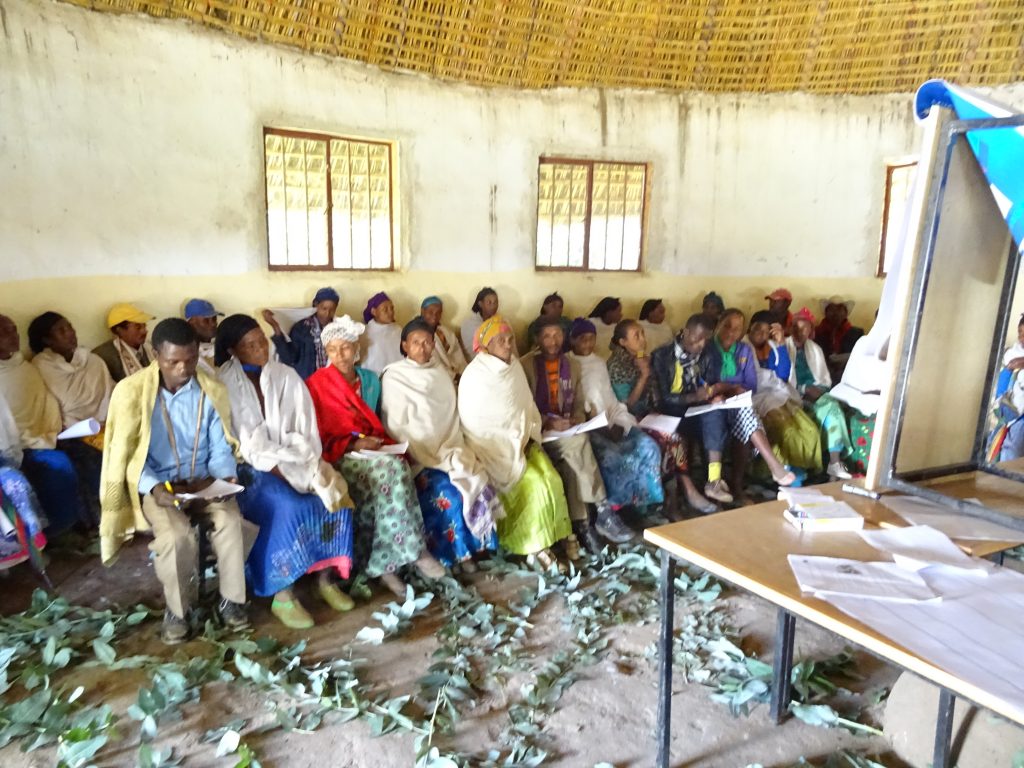
The skill development training will focus on four key topics: climate-smart and nutrition-sensitive farming and gardening (crop, vegetable, fodder, and agroforestry) practices, soil health and fertility management practices, soil and water conservation practices on farmland, business development plan preparation and simple bookkeeping, and preparation of nutritious meals.
Women Empowerment and Social Development
Sustained community development is possible when the people are fully engaged in their own affairs through their institutions, structures, and rules. Towards this end, AKAM provides gender responsive service delivery to strengthen women economic organisation, bargaining, and negotiation power to influence gender roles and relations at household and community levels.
Build self-help / economic groups
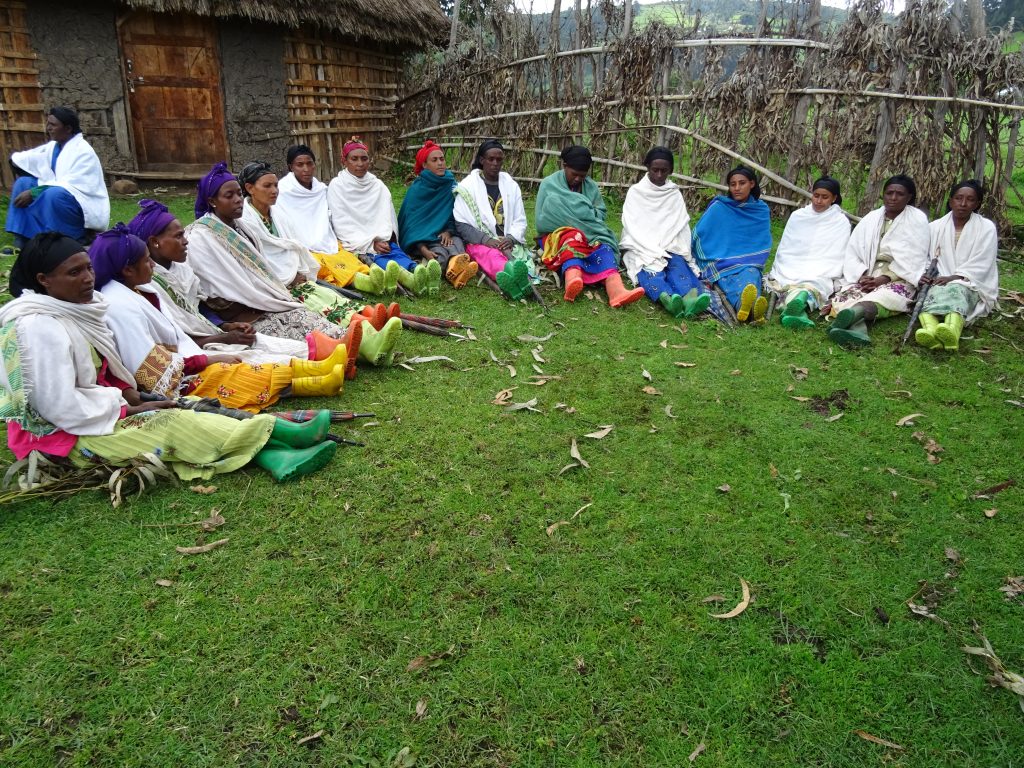
Developing self-confident, gender sensitive, entrepreneurial and market oriented community groups is important for . In this regard, AKAM initiates voluntary formation and strengthening of self-help and economic groups.
Empowerment of women and girls
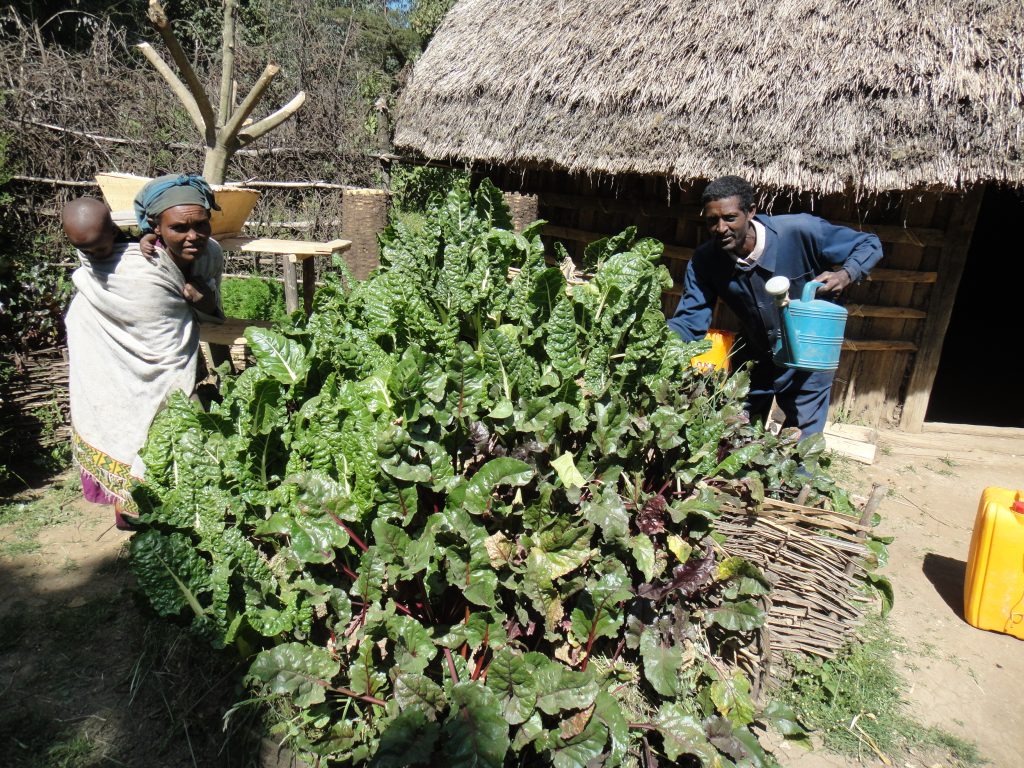
AKAM strongly believes that its vision could only be achieved by acknowledging the impact of gender to bring sustainable livelihood changes. Investing in rural women has the potential to accelerate growth as they represent a significant share of the workforce in agriculture and food production, manage resources carefully and invest in children than men.
Mobilizing community for action
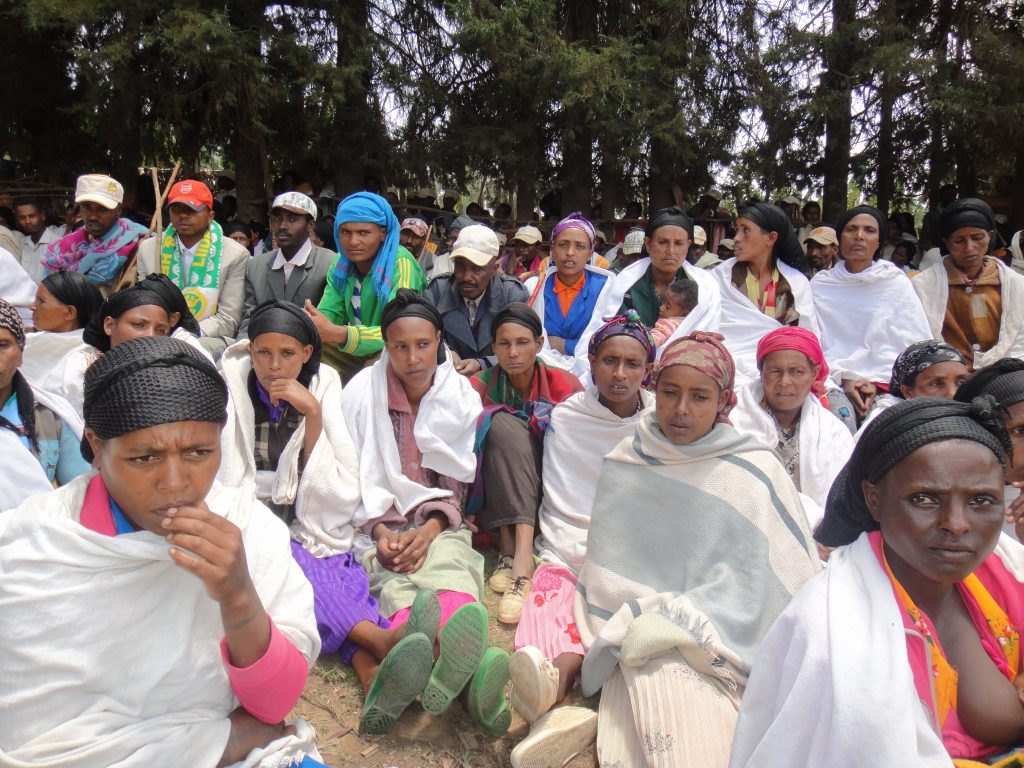
The community mobilization approach emanates from the core partnership approach of AKAM with individuals, groups and institutions of the target communities. Community mobilization helps for the community members to harness their resources at their disposal for solving their problems.
Natural Resource Management
The project site holds impressive scenic beauty due to its mountainous landscape that combines rugged terrains and plains. On the other hand, It is highly degraded due to erosion and depletion of natural resources. This calls for sound and integrated watershed management approach with the full participation of the whole community, not the group members only.
Soil and water conservation
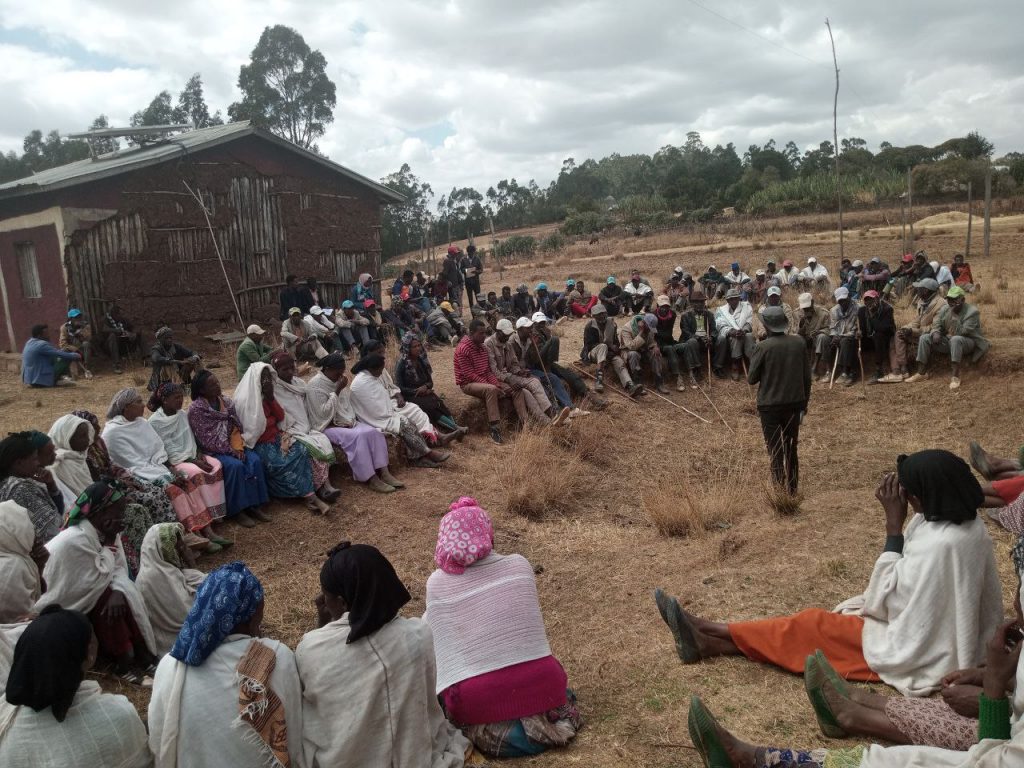
The project undertakes land husbandry and physical and biological soil and water conservation (SWC) activities with the aim of promoting proper land use practices for sustainable NRM and to increase moisture retention and biological life of the soil.
Agro-forestry
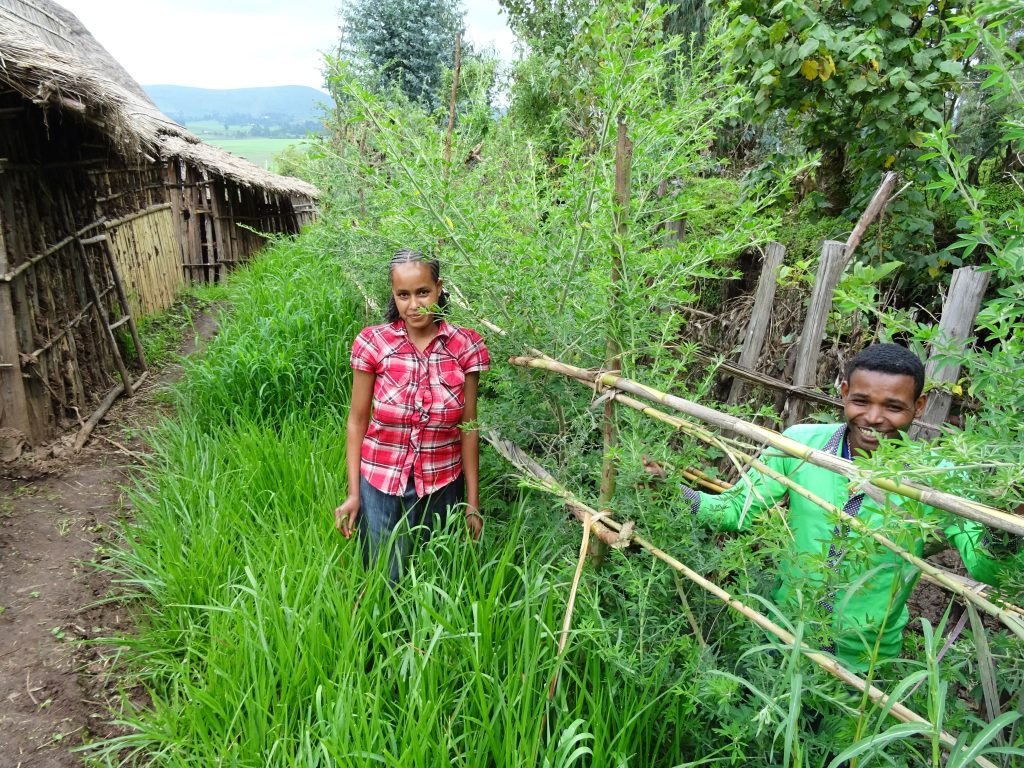
Agro-forestry activities are promoted by AKAM to contribute to the regeneration of the degraded environment by encouraging the plantation of multi-purpose tree species. In this regards, AKAM provides technical support and seeds to farmers to established nurseries and raise fodder tree seedlings.
Energy saving stoves
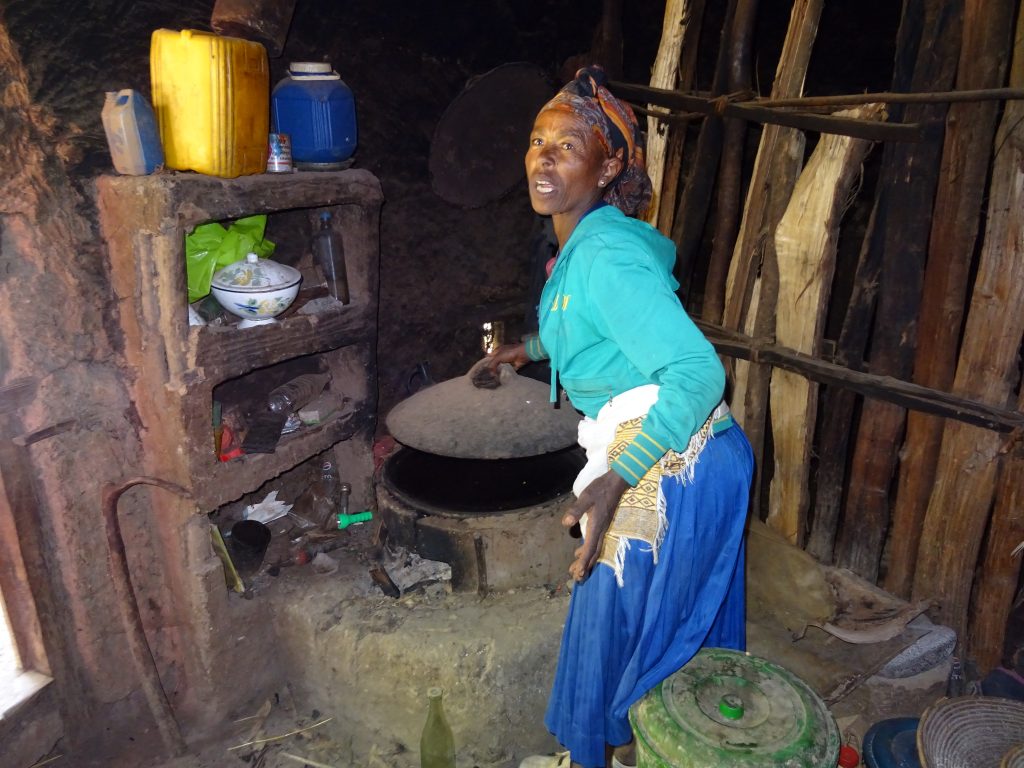
Members are constructing energy saving stove using locally available resources (mud, stone, ash and water).
Nutrtion, Water, Sanitation and Hygiene
The project site holds impressive scenic beauty due to its mountainous landscape that combines rugged terrains and plains. On the other hand, It is highly degraded due to erosion and depletion of natural resources. This calls for sound and integrated watershed management approach with the full participation of the whole community, not the group members only.
Water supply works
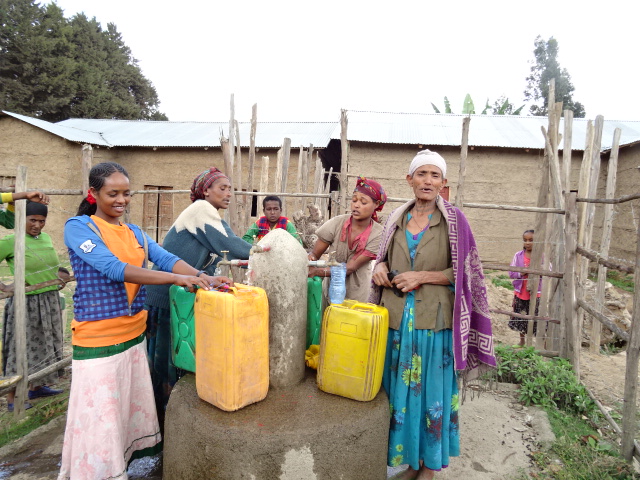
Unprotected springs and streams are the major sources of water supply in the project area which made them vulnerable to water related/ borne diseases. Women and girls fetch water by travelling long distances. The project supports cleaning and fencing of springs, spring development, installation of hand-dug wells fitted with pumps and piped water supply system.
Hygiene and Sanitation
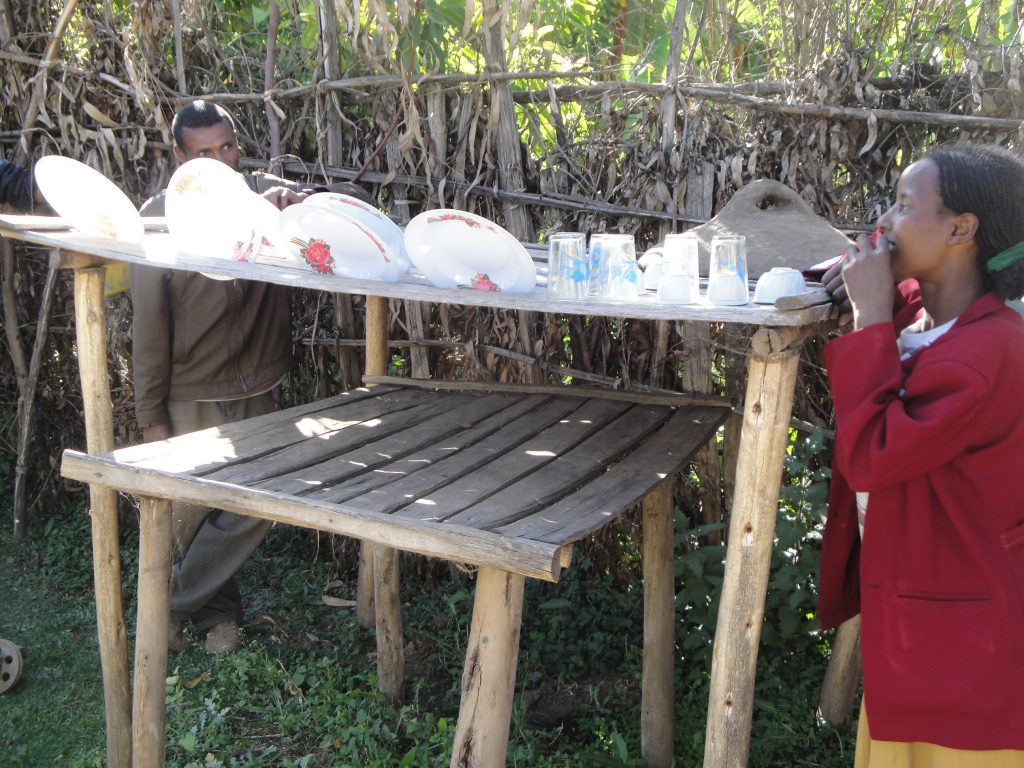
The members are consulted on personal hygiene and environmental sanitation. Project participants are encouraged to construct and use private toilets , hand washing facility ‘tip-tap’ and ‘dish-drier’ shelf from local materials. The waste-water from dish and hand washing are collected and re-used for vegetable production.
Cooking demonestrations
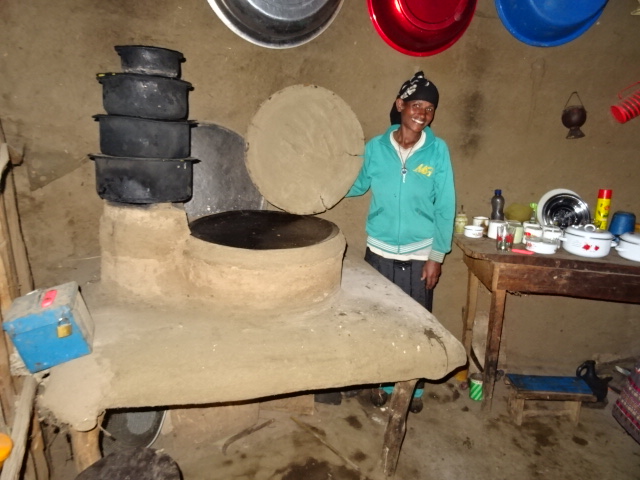
Improved nutrition is important for households, imparticualr for children and pregnant and lactating women. We promote better ways for preparation of nutritious meals through nutrition education and demoestration.
Business and market development
The project site holds impressive scenic beauty due to its mountainous landscape that combines rugged terrains and plains. On the other hand, It is highly degraded due to erosion and depletion of natural resources. This calls for sound and integrated watershed management approach with the full participation of the whole community, not the group members only.
Individual or group business activities
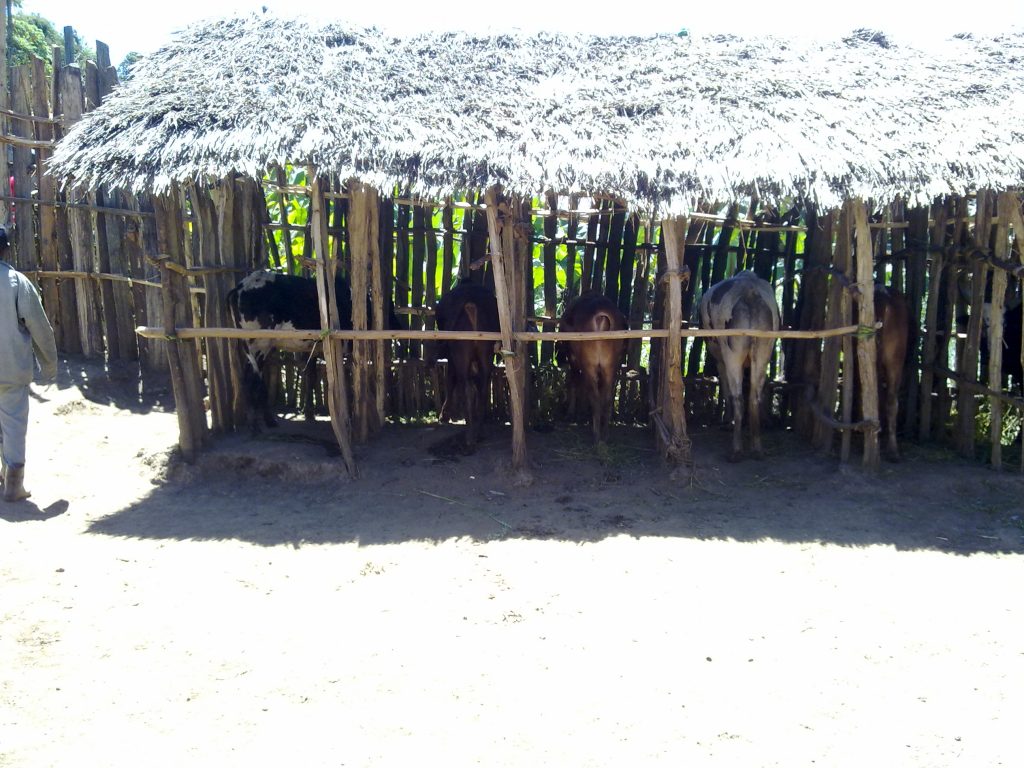
Households engagement in producation of marketable commodities are highly promoted. Therefore, project participants have started income generation by selling vegetables, potato, egg, fattened animals, and honey. Farmers have now modest access to financial capital through the credit and saving scheme managed by the groups.
Start-up capital for business
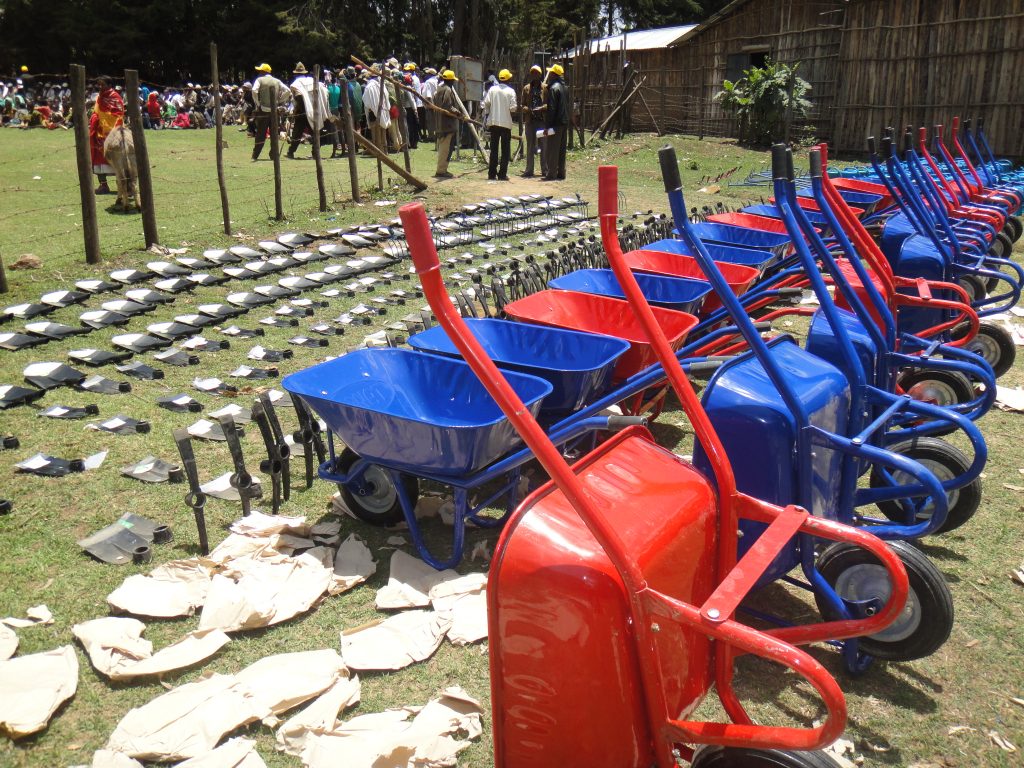
AKAM provides start up capital (seeds, animals, produciton tools, etc.) for those economic groups with clear business plan. The groups are technically supported by the prject staff and community facilitators on preparation of business plan, book keeping , and monitoring and supervision of the progress.
Link to cooperatives
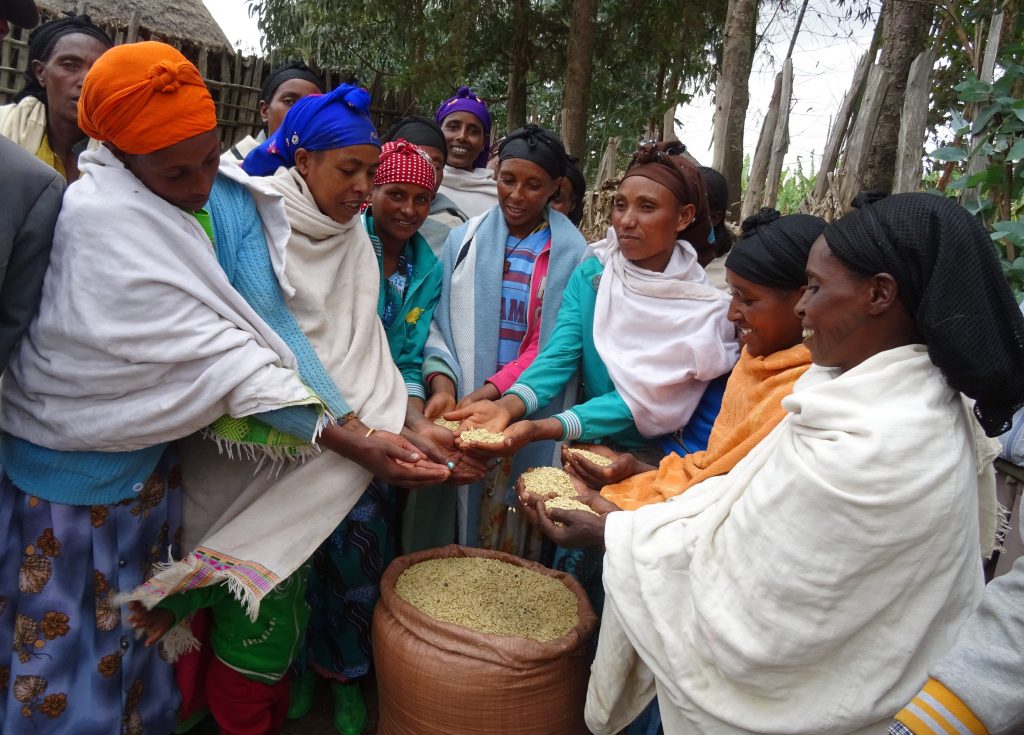
nnn.
Leverage schools as centers for local development
Improving learning and teaching facilities helps to improve students performance. Students, through educational entertainment programmes, can disseminate educational messages for fellow students in the schools and the school community around.
Improve school facilities for teaching and learning
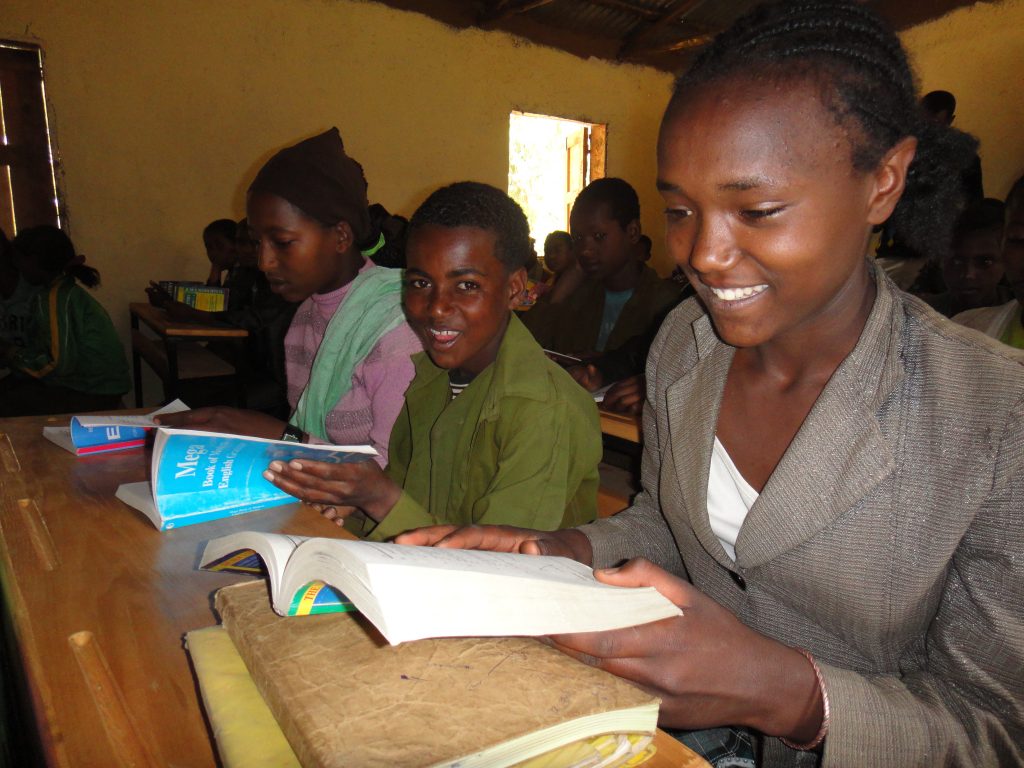
Households engagement in producation of marketable commodities are highly promoted. Therefore, project participants have started income generation by selling vegetables, potato, egg, fattened animals, and honey. Farmers have now modest access to financial capital through the credit and saving scheme managed by the groups.
Support student clubs to develop life skills and link with the community
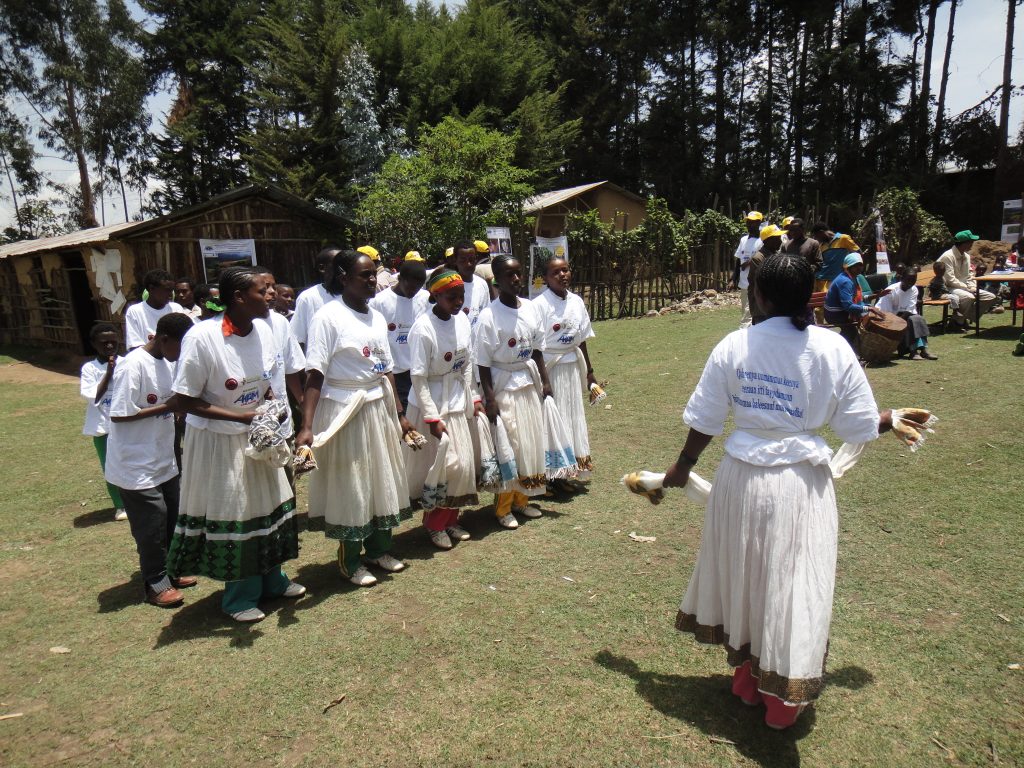
Students will be mobilized via club activities to sensitize the community about nutrition, health and better feeding, Corona, HIV/AIDS, harmful traditional practices, climate change, environmental hygiene and sanitation. The school will be used as centers for local development and for demonstrations of innovations that student take home.
Strengthen parents and teachers committees
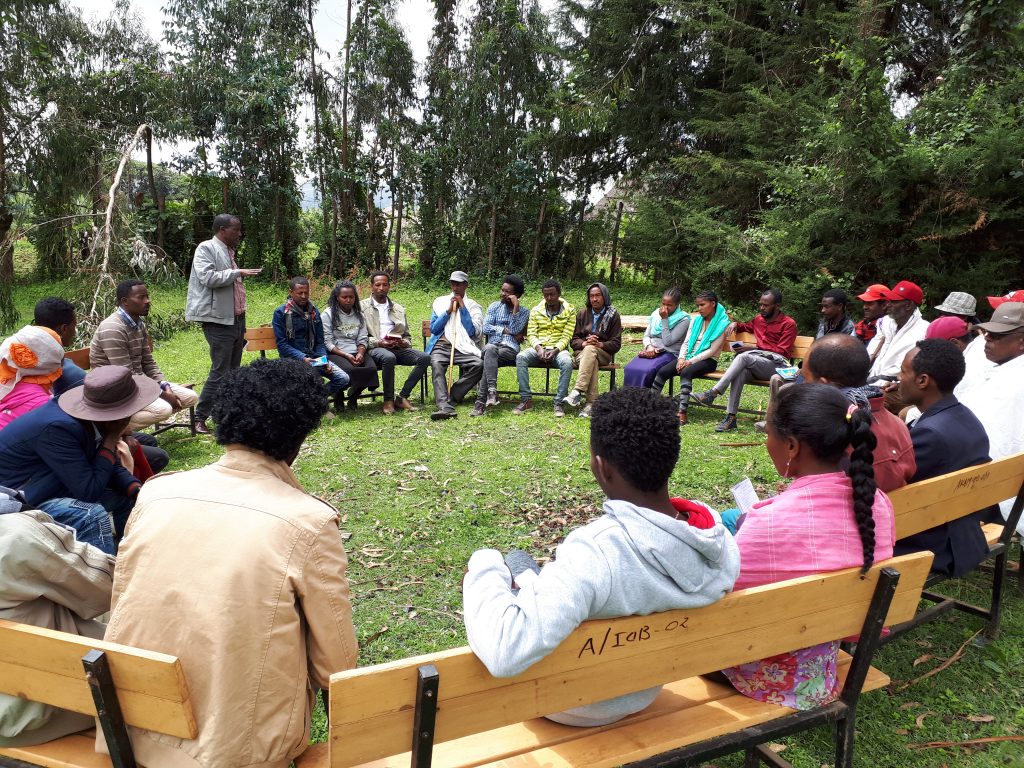
nnn.
